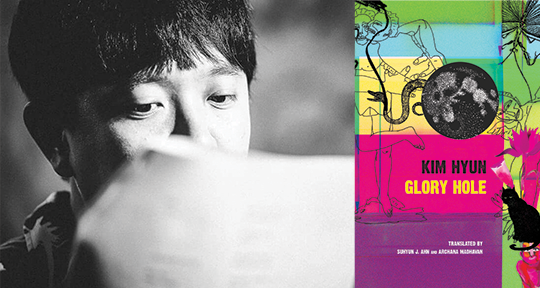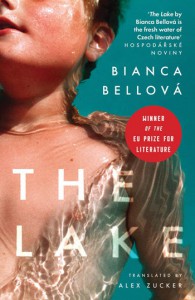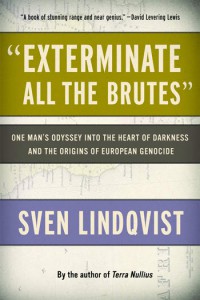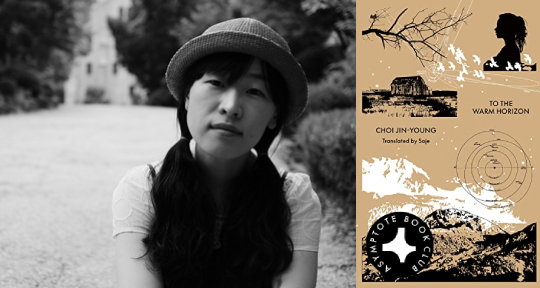Glory Hole by Kim Hyun, translated from the Korean by Suhyun J. Ahn and Archana Madhavan, Seagull Books, June 2022.
Twentieth-century queer American visual artist Keith Haring was renowned for his pop art that emerged, according to critic Barry Blinderman, from the New York City graffiti subculture of the 1980s. His work predominantly engaged in queer activism, urging for safe sex practices and AIDS awareness. The poet Kim Hyun cites his 1980 drawing, Glory Hole—also the title of his own collection—in the notes to the poem, “Old Baby Homo.” The drawing shows a standing man with his head out of the frame. Two vertical lines represent the wall the man faces and where the eponymous glory hole is located. His penis is shown on the other side, burnished and luminous like the sun, surrounded by disembodied hands seeking it out. In an academic paper titled “Faceless sex: glory holes and sexual assemblages,” the researchers—Dave Holmes, Patrick O’Byrne, and Stuart J. Murray—posit: “[T]he glory hole affords an intense, temporary escape from the demands of subjectivity . . . The hole itself becomes the site of sexual energy and exchange.” Glory holes, by facilitating anonymous sexual encounters, enable a new politics of desire.
Arriving during the full-blown AIDS crisis in the US of the 80s, the drawing reframes queerness outside of the pathology of promiscuity, depravity, and disease. The glory hole, instead of being a vector for proliferation of the virus, is transformed into a fecund well of possibility. The paper further claims: “[D]ue to the fragmentation—the disorganization—of the body, the glory hole allows the free play of desire and fantasy for both users. Users may feel liberated not only from the social roles and expectations dictated by a predominantly heterosexual world, but also from the codes of the gay world . . .” Kim Hyun’s collection is not interested in being contained within any sort of category. From futuristic dystopias and planet hopping to alternate histories and forged references, from science fiction to pornography and literature to art, between prose and poetry, Glory Hole is unrepentantly queer in every way. The poems desist simplistic readings and are expansive in meaning, using language both in itself and as a vehicle to advance images that transform incoherence into the sublime.






